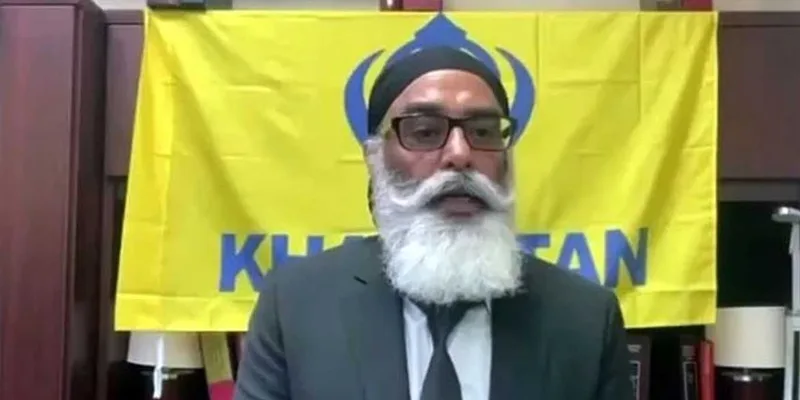
This year, more than 22 international students at the University of Colorado have had their F-1 student visas revoked, raising alarm among both academic and immigrant communities. The action appears to be part of a broader initiative by the Trump Administration, aimed at individuals deemed to be acting “against national interests.”
Six of the affected students have taken legal action, filing lawsuits against the Department of Homeland Security and Immigration and Customs Enforcement. They claim their visas were canceled without proper explanation or due process, despite their efforts to comply fully with immigration laws.
Zachary New, an attorney with Joseph and Hall Immigration Law Specialists who is representing the students, said many of the cases involve individuals with only minor legal infractions, such as traffic tickets or offenses from their youth. “What’s alarming,” New noted, “is that simply being flagged in the system, regardless of how minor the issue, can be enough to lose your visa status.”
Although these students are continuing to meet both academic and visa requirements, the revocations have left them facing the threat of deportation. Many are now living in uncertainty and fear.
During a press briefing in March, U.S. State Department spokesperson Tammy Bruce addressed the situation, saying visa revocations are tied to what the government classifies as “illegal activity,” though she did not provide specific details about what qualifies under this definition.
The University of Colorado has responded with a message of support for its international students, acknowledging the stress and confusion caused by the sudden loss of legal status. The university emphasized that its international students are committed to advancing their education and supporting their families, and that it stands behind them during this challenging time.
As the court cases continue, the situation is prompting a wider conversation about the treatment of international students and the future of U.S. immigration policy related to education.


















